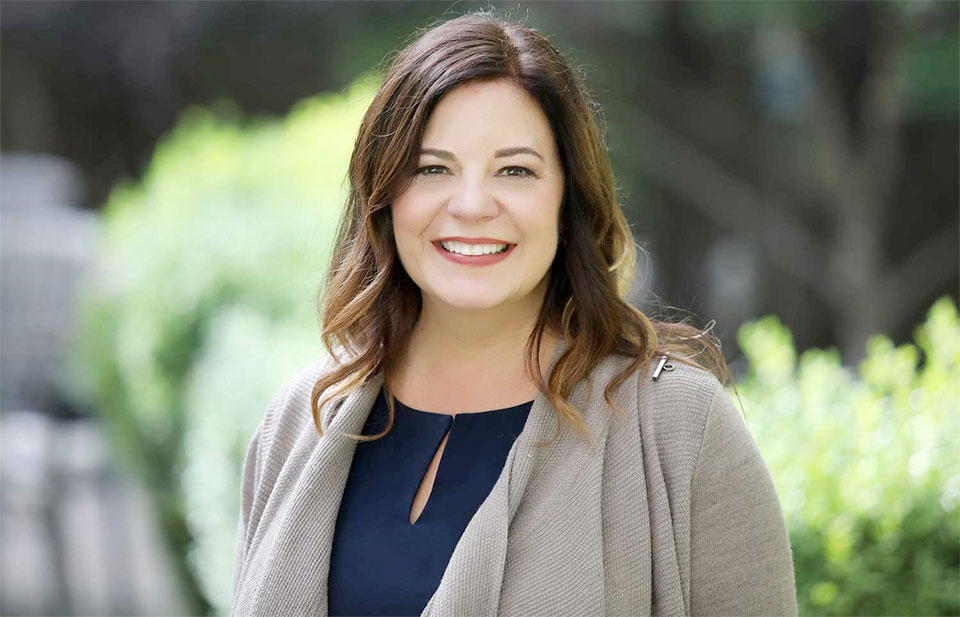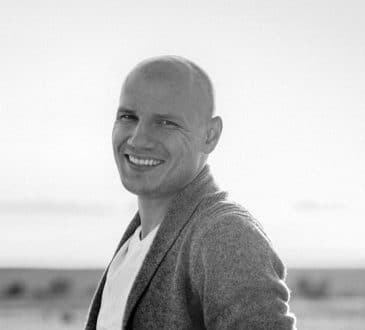The Top Question Corporate Leaders Should be Asking

One simple question can harness the power of strategic giving to address turmoil and support recovery.
Whatever line of business we’re in, from hospitality to manufacturing, finance to retail, we’ve entered a period of broad awakening and reckoning about ongoing oppression and institutional racism. In the context of the pandemic, we’ve also witnessed how our support systems are grossly inadequate at meeting the needs of our communities. In response, many companies are acknowledging the state of affairs and stepping up.
We’ve seen Bank of America pledge $1 billion a year for four years “to help local communities address economic and racial inequality accelerated by a global pandemic.” The shoe company Keen promised 100,000 shoes to people directly impacted by COVID-19. The Danish company LEGO is putting $4 million toward racial equality education for kids and U.S. organizations supporting Black children. These are just a few examples of the many companies stepping up nationally and internationally in support of employees, communities and causes.
And we need more. Effectively recovering as a society and creating the lift we need for a different and better future requires ongoing and comprehensive leadership across government, philanthropy, and the nonprofit and for-profit sectors. While we need to act fast, that doesn’t mean companies should trip over themselves to “do the right thing.” Instead, we need companies to lead with intention. How to do that? Start by asking Why.
Ask Why to Understand Your Purpose
In his best-selling book Start with Why, author Simon Sinek implores readers to determine their “why” to identify their purpose, cause, or belief. People need to understand why you do what you do, not just what you do or how you do it. Businesses should know their raison d’être. Sinek explains that people do business with those whose purpose aligns with their own beliefs. People don’t buy what you do, they buy why you do it. The same goes for your giving.
If what I’m saying sounds obvious, it’s anything but. For example, I’ve seen countless companies embark on creating a giving plan by asking all kinds of tactical “how” questions: “How often should our corporate giving committee meet?” or “How do we create an employee-matching program?” We gravitate toward tactical questions since they seem easier to answer and implement, and don’t require in-depth exploration. We feel like we’re making progress when we can check these tactical items off our to-do lists. But tactical questions don’t get us where we need to go.
Ideally, your philanthropy and business inform one another. When your “why” truly aligns with your values and connects with your reason for being, employees, customers and community, it creates a powerful feedback loop of purpose. We’re seeing lots of companies step up with donations on pandemic relief and Black Lives Matter, which is good. But the companies that do so within a broader strategic framework of transformation will go further. Those that recognize and address their own mistakes and flaws will make a more significant difference. They’ll also avoid backlash about inconsistencies in how they show up. Case in point, this New York Times article: Social Media Giants Support Racial Justice. Their Products Undermine It.
Ask Why to Question Assumptions
There is no shortage of causes to support or problems in the world. Likewise, there is no shortage of solutions that sound good, such as access to healthcare, economic security, education, and childcare. If you don’t ask “why?” you might jump into funding one of these solutions without knowing if it’s right for your company. When you ask “why?” to question assumptions, you get to the substance of why your company should be involved. Asking “why?” helps you revisit your funding’s overall purpose and keeps you focused on the long game.
Here are a couple of ideas that sound good, but ultimately might lead you in the wrong direction. You just returned from a corporate giving conference where the buzz was about the United Nation’s Sustainable Development Goals (SDGs), so you decide you should fund clean water and sanitation. But does it align with your corporate purpose and advance your charitable strategy? Or, you assume that “We should start a corporate foundation.” Why? Why form a foundation and not a donor-advised fund or corporate giving program? Do you really want to create and manage a nonprofit 501c3 organization?
Asking “why?” does not imply an idea is bad. Of course, clean water and sanitation are hugely important, and a corporate foundation might be the best option for you. But if you don’t ask “why?” to question assumptions, you might get derailed. You could waste time and resources chasing shiny objects that don’t alight to your corporate purpose and giving strategy.
We often ask the wrong questions, jumping to “how” before fully exploring “why” or “what.” If you start by asking “why?” to understand your purpose and to question assumptions, you will attain clarity, inspire others to join you, and turbocharge your impact velocity. In addition to a smart business decision, it will also be smart for society — for your customers, employees, and for the communities in which you live and work.
Commentary by Kris Putnam-Walkerly. Here’s what you’ve missed?
World’s Best Countries In Which To Start A Career.
World’s Most Expensive Countries To Live In.
World’s Best Countries For Health Care Systems.
O’Mega superyacht and TITANIA superyacht available for Luxury Superyacht Charter.
Bring the best of the CEOWORLD magazine's global journalism to audiences in the United States and around the world. - Add CEOWORLD magazine to your Google News feed.
Follow CEOWORLD magazine headlines on: Google News, LinkedIn, Twitter, and Facebook.
Copyright 2025 The CEOWORLD magazine. All rights reserved. This material (and any extract from it) must not be copied, redistributed or placed on any website, without CEOWORLD magazine' prior written consent. For media queries, please contact: info@ceoworld.biz








